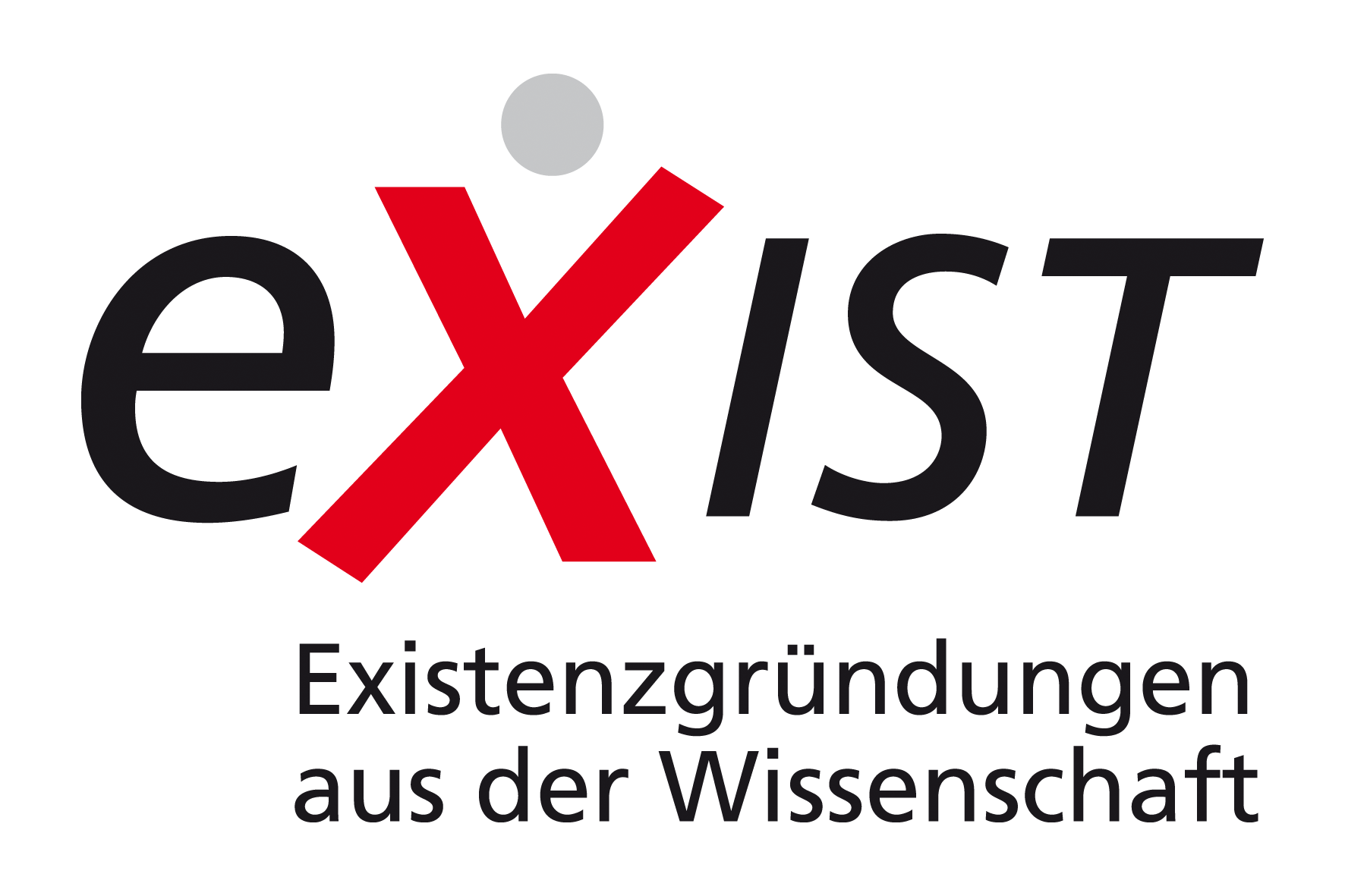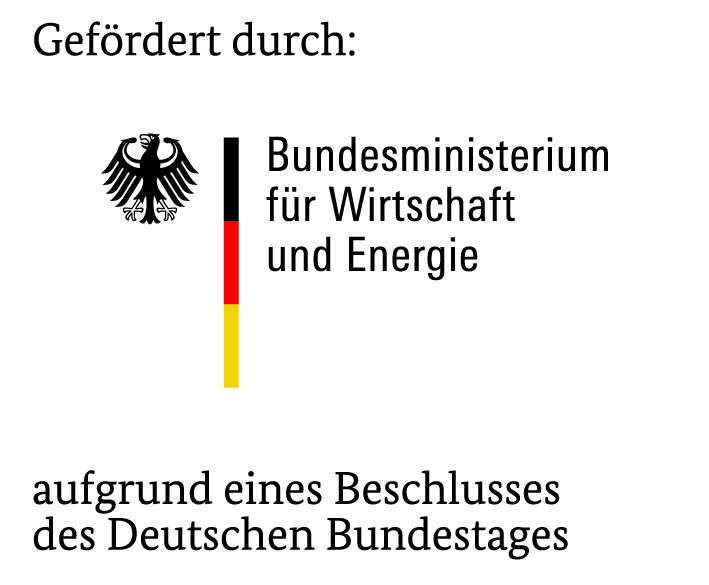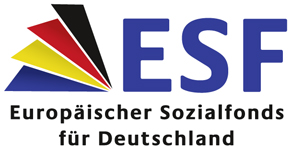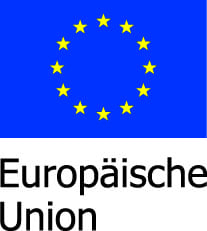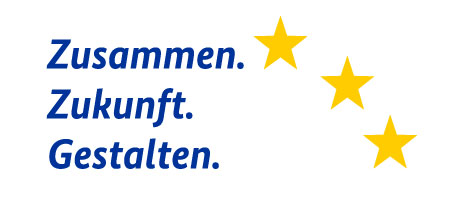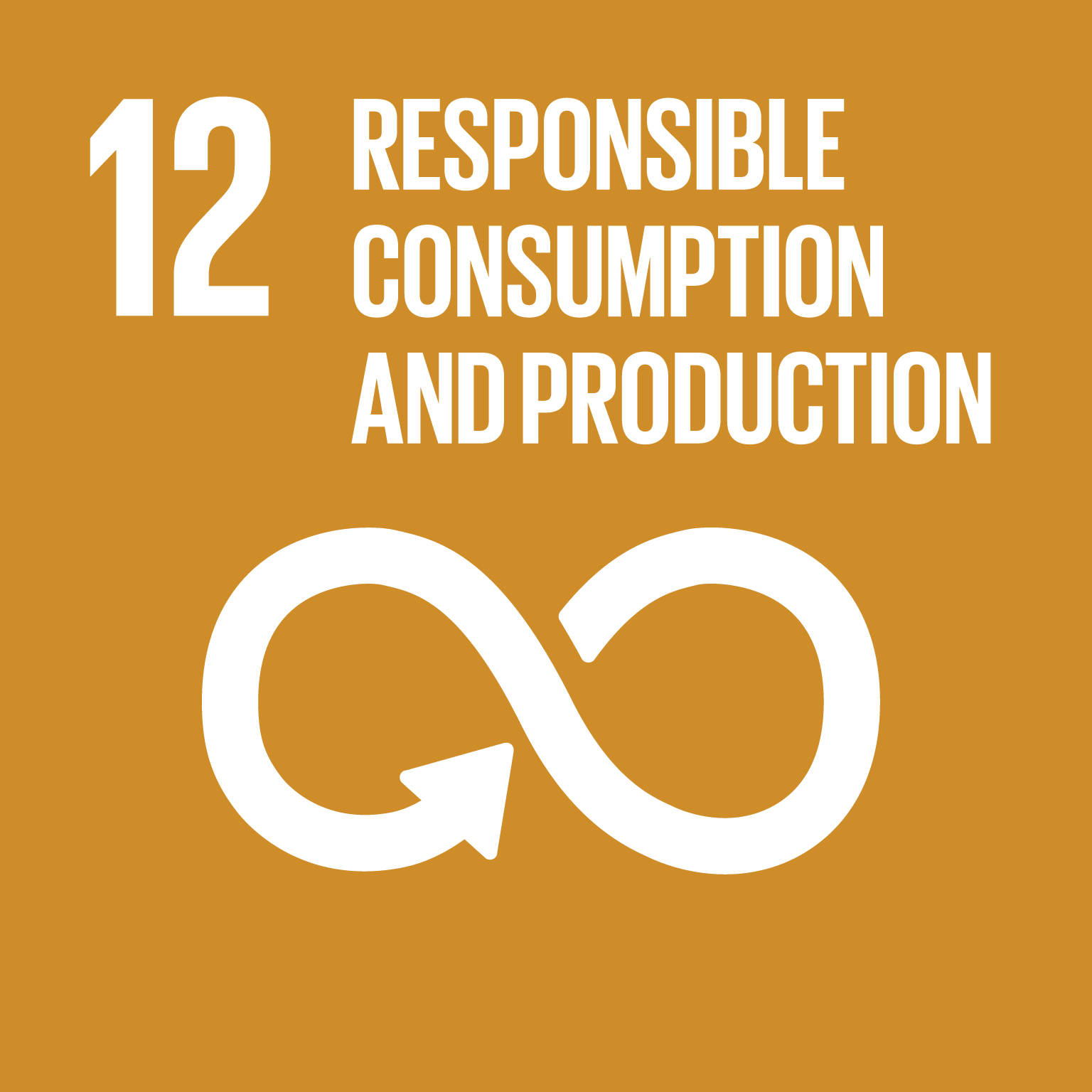EU taxonomy - goals and criteria
The EU taxonomy is a set of rules of the European Union that defines criteria for classifying economic activities in terms of their environmental impact. The aim is to help companies to make their sustainability efforts transparent and promote sustainable investments.
You can find out everything you need to know about the EU taxonomy in this article.
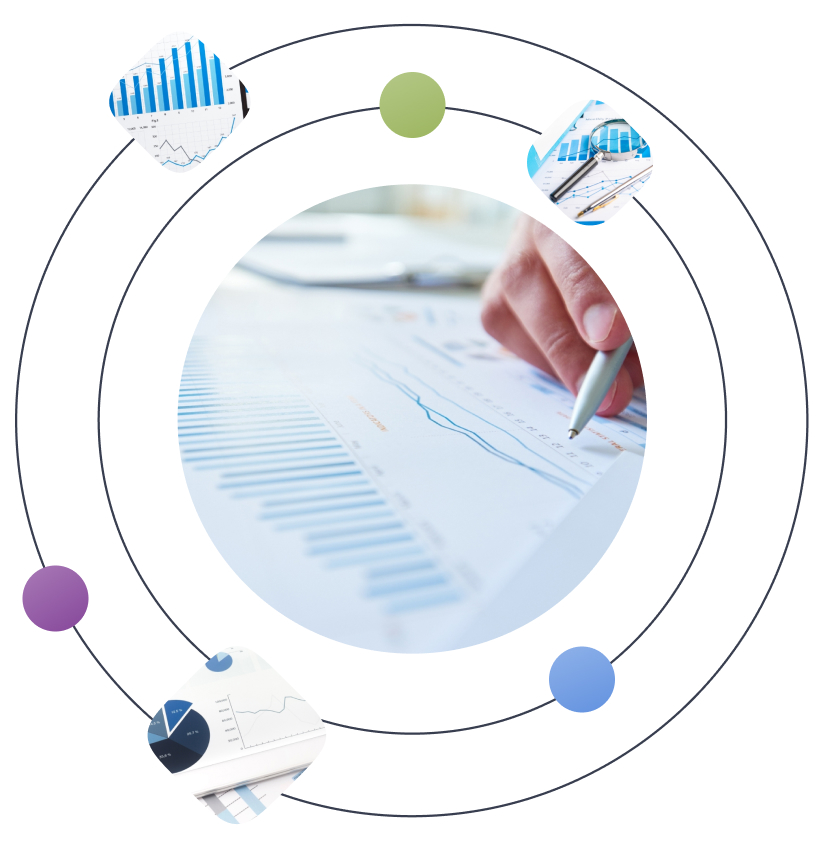
EU Taxonomy Regulation and sustainability
The EU Taxonomy Regulation was adopted in June 2020 and came into force on January 1, 2022. The regulation sets out six environmental objectives to be achieved through economic activities:
Climate protection
Adaptation to climate change
Sustainable use of water and marine resources
Circular economy
Prevention of pollution
Protection of biodiversity
Companies that can prove that their activities make a significant contribution to at least one of these environmental goals are considered "environmentally sustainable".
Objectives of the EU taxonomy
The objectives of the EU Taxonomy are clearly defined and measurable. They are intended to help reduce the environmental impact of companies and make the EU climate-neutral by 2050.
CSRD and EU Taxonomy
The Corporate Sustainability Reporting Directive (CSRD) is another important EU directive that deals with sustainability. The CSRD sets out new requirements for corporate sustainability reporting from 2024.
Making sustainability more transparent: The EU taxonomy is intended to help companies to make their sustainability efforts more transparent and to communicate them. This should help investors and other stakeholders to make informed decisions about sustainable investments.
Encourage investment in sustainable activities: The EU taxonomy should help to encourage investment in sustainable activities. This should contribute to achieving the EU's sustainability goals, such as climate neutrality by 2050.
Create a common framework for sustainable business: The EU taxonomy should create a common framework for sustainable business in the EU. This should help to strengthen the EU's competitiveness and drive forward the European Green Deal.
Navigating the ever-evolving landscape of EU sustainability reporting regulations can be daunting for companies, especially with the impending tightening of requirements from 2024. As the compliance landscape becomes more stringent, businesses need a reliable and scalable solution to manage their sustainability data effectively.
GLOSUS offers easy-to-use but robust software for managing sustainability information. Our modular, subscription-based cloud solution enables companies to aggregate their ESG data for holistic management and legally compliant sustainability reporting.
When does the EU taxonomy apply?
The EU taxonomy is mandatory from January 1, 2023 for companies that issue or distribute financial instruments. For other companies, the EU Taxonomy will apply from January 1, 2026.
Application and requirements of the EU Taxonomy
The EU taxonomy applies to a wide range of economic activities. However, the requirements for classifying an activity as "environmentally sustainable" vary.
For some activities, simple requirements apply that are based on the EU's technical standards. For other activities, more complex requirements must be met, which are based on scientific findings on the environmental impact of economic activities.
Reporting obligations and reporting
Companies that are subject to the EU taxonomy must report on their implementation of the EU taxonomy. The reporting obligation applies to sustainability reporting, which must be adapted to the CSRD.
The reporting must meet certain requirements, including
A description of how the EU taxonomy is applied
An assessment of the environmental impact of the company's activities
An explanation of why the activities are classified as "environmentally sustainable"
Which companies are affected?
The EU taxonomy applies to all companies that operate in the European Union or issue or distribute financial instruments.
The following companies are generally affected by the EU Taxonomy:
Companies that are listed on a stock exchange
Companies with an annual turnover of more than 20 million euros
Companies with more than 250 employees
Conclusion on the EU taxonomy
The EU taxonomy is an important set of rules designed to promote the sustainability of companies in the European Union. The requirements of the EU Taxonomy are complex and can pose a challenge for companies.
Companies that are affected by the EU taxonomy should find out about the requirements at an early stage and prepare for them.
Sustainability Information Management with GLOSUS
GLOSUS offers the easy to use software for corporate sustainability information management. Our modular subscribable cloud solution enables companies manage their ESG data aggregation for holistic steering, compliant sustainability reporting and positioning as leader in sustainability.
With GLOSUS you take the step into a sustainable and efficient future. Book a non-binding and free appointment with our GLOSUS expert team to analyze together the potentials for your company!

The enterprise GLOSUS is granted by the German Federal Ministry for Economic Affairs and Energy and the European Social Fund as part of the EXIST program - University-based business Start-Ups.

